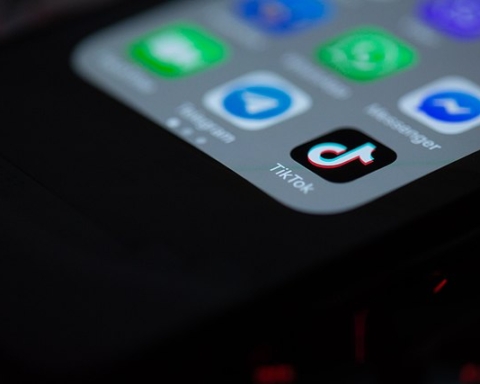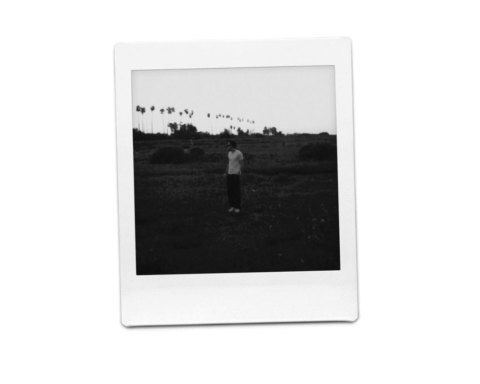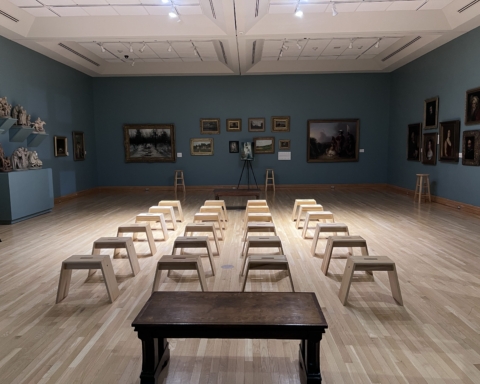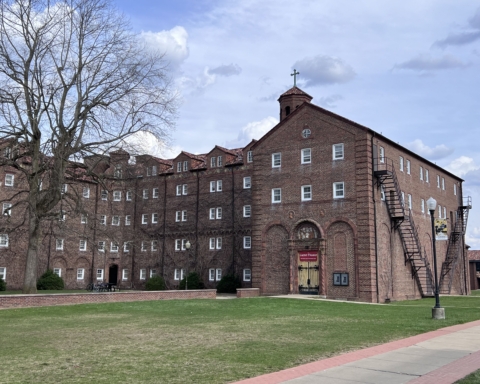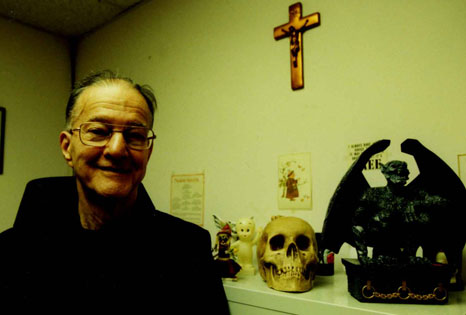By Kailyn Jennings
Contributing Writer
Dan Milgate’s iPhone vibrated on his nightstand as he laid in bed at 11 p.m. – another retweet for his video of Marcus Posley’s game-winning shot when St. Bonaventure University beat #18 Virginia Commonwealth University, he said. He scrolled through his newsfeed, thinking of his 8:30 a.m. class. Thirty minutes later, he fell asleep.
At 7 a.m. his phone rang its default alarm. He groggily shut it off and said he checked his email, hoping his professor canceled class, but to no avail. He checked Twitter, Instagram and Snapchat for updates he missed while sleeping. At 7:25 he crawled from his bed in search of coffee – phone in hand.
Many students said they sleep with their phones by their bed. They check their apps and text before trying to sleep. When they wake up to their phone alarms, they said they again check their phones to ensure they didn’t miss anything.
Charles Walker, a psychology professor, said many people believe not being connected to others is a fate worse than death. For example, in prison, inmates view solitary confinement as the worst punishment, because they have no contact with anyone. A cell phone acts as a convenient method of connection with others. Being active users reminds people they belong to a group, he said.
Emily Doherty, a junior strategic communication and digital media major, said she lays in bed with her phone, checking social media and texting. When she wakes up, she again reaches for her phone.
“I’d feel like I’m missing something if I didn’t,” Doherty said.
To sleep better, she now sets her phone on the do-not-disturb function so she doesn’t wake up to texts and phone calls.
Douglas Smith, a junior political science major, said he sleeps with his phone on do-not-disturb. The Reserve Officers’ Training Corps member sleeps four hours a night.
“Those are my four hours,” Smith said.
Smith said he still keeps his phone on his nightstand and checks it before bed and when he wakes up, though. A professor may cancel class via email, and he uses his phone as an alarm clock, he said.
Checking apps and texting allows for procrastination and updates on what people missed while sleeping, Jeffrey Georgiades, a junior biology major, said.
“Things happen while they’re asleep and not in control,” said the junior biology major. “They want to be in control.”
Sometimes the phones control the users, though, Divya Gupta, a senior biology major, said.
“Everyone is addicted. People don’t know how to separate themselves from their phone. They can’t even do it for an hour in class,” she said. “But at the same time, it allows for us to stay connected.”
This is especially important to Gupta because her family lives in California.
“I do check my phone in the morning, but there is a time difference, and I want to know if I missed anything on that side of the coast,” Gupta said.
Milgate said he spoke to his mom on the phone in between classes. He said she told him she loved and missed him, reminding him that his phone connected him to his family. But he said his fingers clicked to the Panama City Spring Break 2015 Instagram profile while he ate lunch with his friends, reminding him that he couldn’t avoid social media’s attraction forever.
jenninkm13@bonaventure.edu

